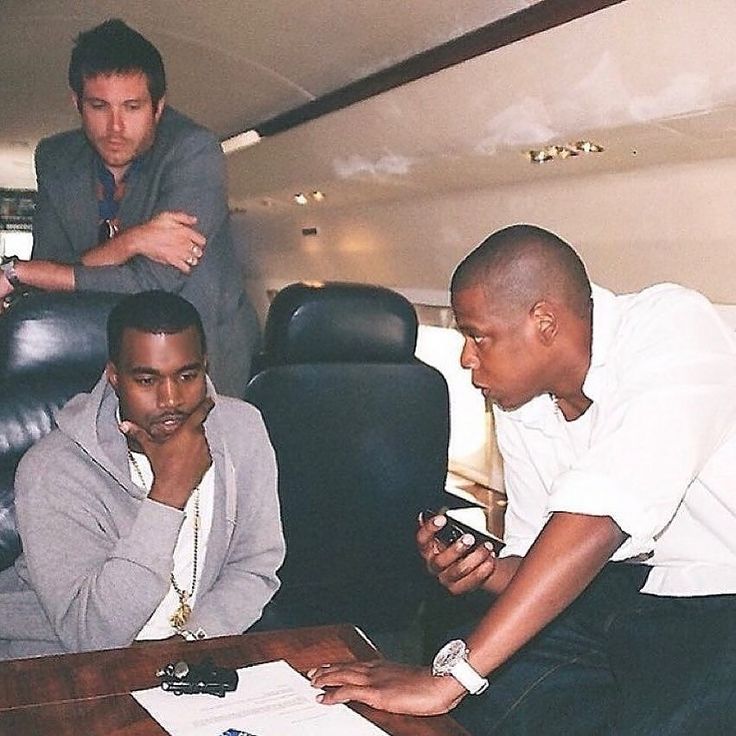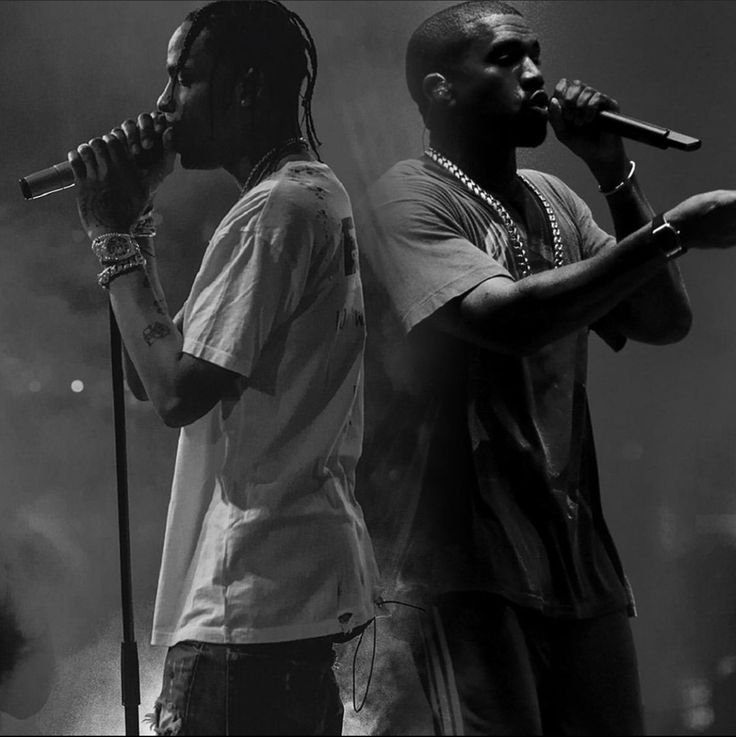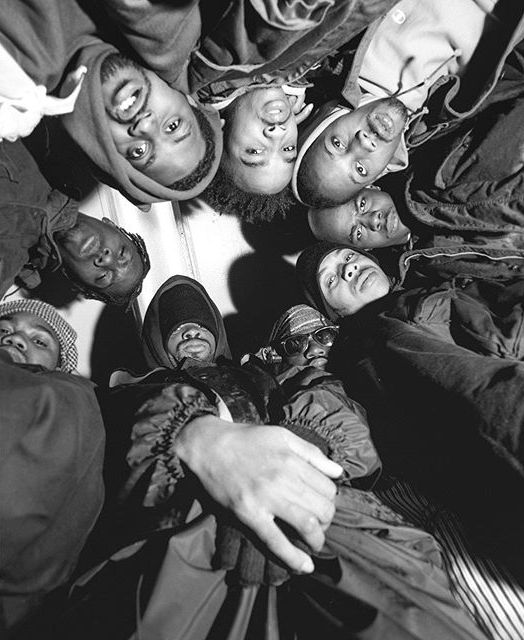Hip-hop has always been a reflection of the streets, the culture, and the times. From the block parties of the Bronx in the 1970s to today’s billion-dollar industry, hip-hop has evolved in ways no one could have imagined. But with the rise of streaming, social media, and independent artists, the music industry itself is shifting—and hip-hop is leading the way.
1. The Streaming Revolution & Decline of Physical Sales
Gone are the days of going to the store to buy CDs. With platforms like Spotify, Apple Music, and YouTube, music consumption has changed dramatically. In the past, album sales were the main measure of an artist’s success, but now it’s all about streams and engagement.
Independent artists have a better shot at success because they don’t need record labels to distribute their music.
2. Social Media & Viral Marketing in Hip-Hop
If an artist doesn’t have a presence on TikTok, Instagram, or Twitter, they’re missing out on potential fans. Social media has changed the way hip-hop music spreads, and some of today’s biggest hits come from viral challenges.
Example: Lil Nas X’s “Old Town Road” blew up thanks to TikTok, making it the longest-running No. 1 hit on the Billboard Hot 100.
Example: Ice Spice gained popularity through social media engagement before ever dropping a full album.
What This Means: Marketing is now DIY—artists can build their brand without a major label.
3. The Power Shift from Record Labels to Independent Artists
In the past, artists needed record deals to get their music heard. Now, platforms like DistroKid, TuneCore, and UnitedMasters let artists upload their own music, keep most of their earnings, and own their masters.
- Chance the Rapper won a Grammy as an independent artist
- Russ built a loyal fanbase without signing to a label and still charts on Billboard
- Many artists now focus on merch, live shows, and sponsorships instead of relying solely on album sales
What This Means: More creative control for artists and less power for record labels.
4. AI & Technology in Hip-Hop Production
Artificial intelligence is now influencing music production. Tools like AI-generated beats, automated mastering services, and deepfake artist voices are shaking up the industry.
- Example: Drake and The Weeknd’s AI-generated song went viral before being taken down.
- Producers are using AI tools like LANDR and iZotope for mixing and mastering.
What This Means: Hip-hop production is evolving rapidly, and artists need to adapt to stay ahead.
5. The Business Side of Hip-Hop: Ownership & Branding
Hip-hop is no longer just about the music—it’s about business and branding. Rappers are becoming entrepreneurs, launching brands in fashion, tech, and even cryptocurrency.
- Jay-Z: Billionaire status through Roc Nation, Armand de Brignac, and investments
- Travis Scott: Turned Astroworld into a brand, merch empire, and festival
- Kanye West: Built Yeezy into a multi-billion dollar sneaker line
What This Means: Artists are focusing on long-term wealth, not just record deals.
With these changes, the next generation of hip-hop artists will have more freedom, opportunities, and challenges than ever before. The only question is: who’s ready to take advantage of it?



